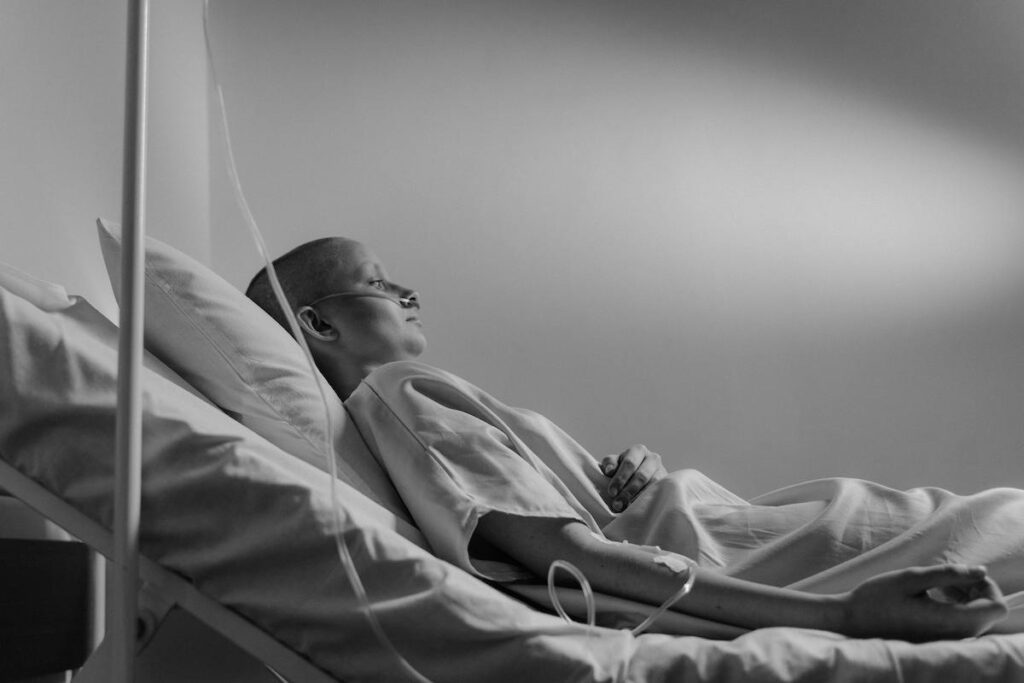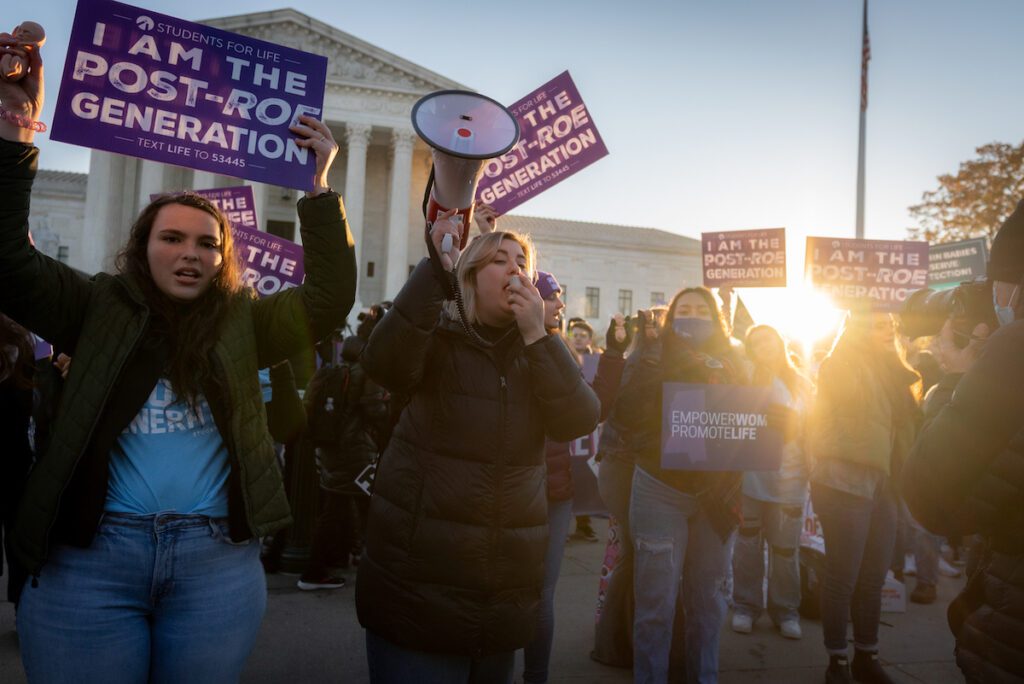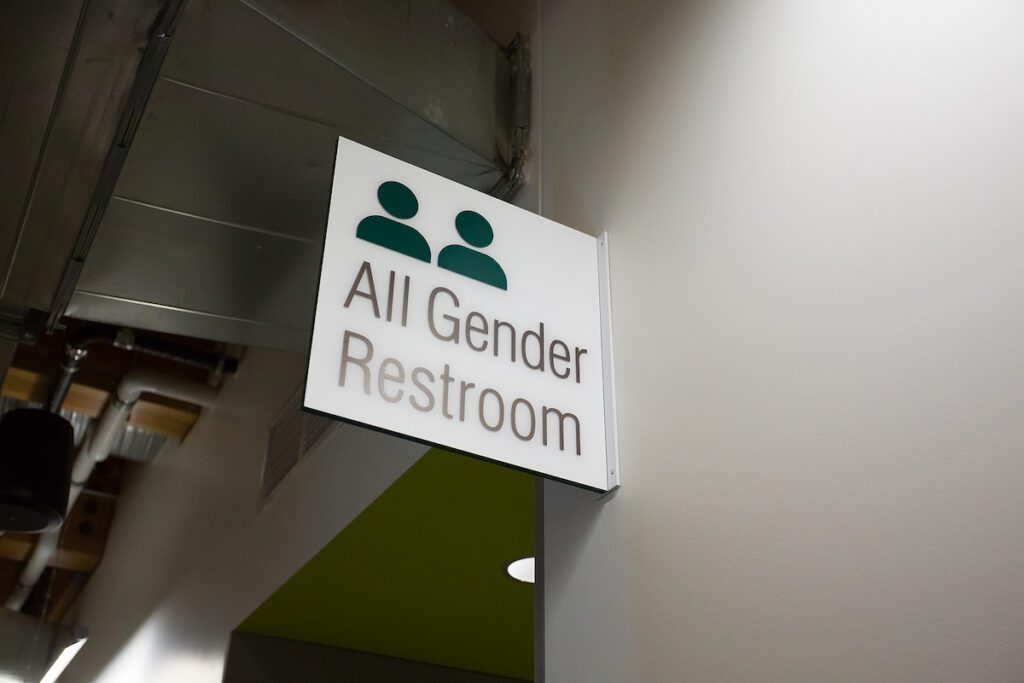Freedom2Care
Ethical Issues
Freedom2Care® fosters a Christian perspective on ethical issues and provides medically reliable and biblically sound guidance on healthcare issues. F2C features critical bioethical issues such as abortion, conscience rights in healthcare, euthanasia and physician-assisted suicide, human trafficking, embryo research, and many others.
Broad Ethical Issues
Conscience | Religious Freedom
About F2C News & Information State Advocacy Ballot Amendments Legal Advocacy Ethical Issues Beginning of Life End of Life Conscience | Religious Freedom Gender Resources Legal Help F2C Partners Freedom2Care® Conscience | Religious Freedom Made in the image of God, we are endowed with a conscience that enables us to know and respond to moral…
End of Life
Since the time of Hippocrates, a fundamental tenet of medical ethics, a cornerstone of professionalism, and an expectation of the public, has been that those who profess to accept the responsibilities of providing healthcare do not deliberately kill their patients. This commitment, coupled with the other virtues of the healing arts, has allowed society to trust and empower healthcare professionals with unique and tremendous yet restricted freedoms, expecting that those professionals would use those freedoms to pursue the best interests of their patients and the public health.
Beginning of Life
The active termination of pregnancy has existed since 1550 BC, with the first documented abortion occurring in Egypt. The School of Hippocrates included the following prohibition against abortion in the oath named for him in approximately 400 BC: “I will not give to a woman a pessary to cause abortion.” The attitude toward abortion throughout its 3500-year history has varied from general acceptance to criminalization of the act, including the death penalty in certain circumstances.
Gender
There is no question that gender issues are complex, especially in today’s culture. However, healthcare professionals are committed to caring for all patients with dignity and respect. Protecting the freedom of healthcare professionals to exercise medical judgment and conscience convictions is essential to providing the best and safest care for patients, especially when it comes to gender issues.





